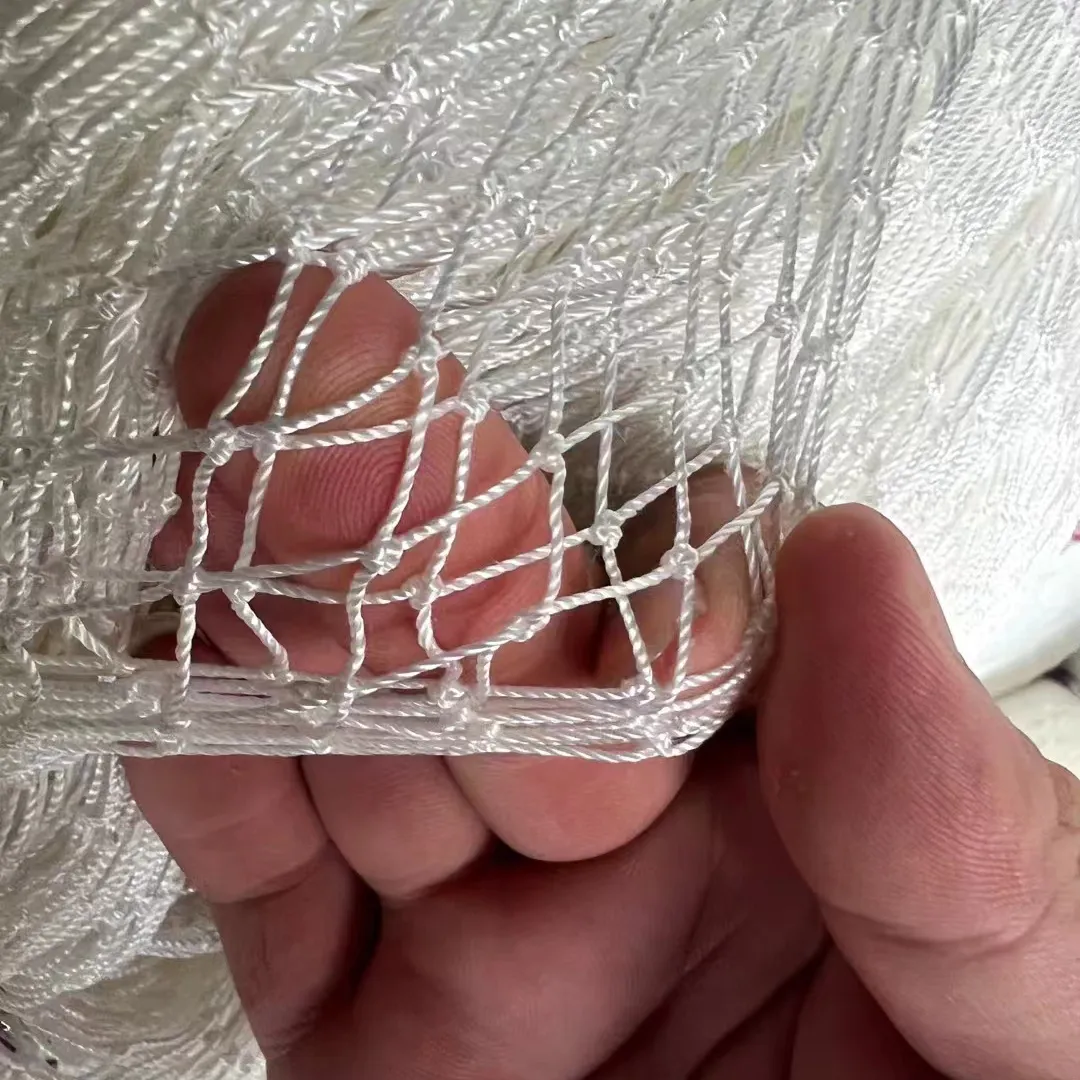-
 Afrikaans
Afrikaans -
 Albanian
Albanian -
 Amharic
Amharic -
 Arabic
Arabic -
 Armenian
Armenian -
 Azerbaijani
Azerbaijani -
 Basque
Basque -
 Belarusian
Belarusian -
 Bengali
Bengali -
 Bosnian
Bosnian -
 Bulgarian
Bulgarian -
 Catalan
Catalan -
 Cebuano
Cebuano -
 China
China -
 Corsican
Corsican -
 Croatian
Croatian -
 Czech
Czech -
 Danish
Danish -
 Dutch
Dutch -
 English
English -
 Esperanto
Esperanto -
 Estonian
Estonian -
 Finnish
Finnish -
 French
French -
 Frisian
Frisian -
 Galician
Galician -
 Georgian
Georgian -
 German
German -
 Greek
Greek -
 Gujarati
Gujarati -
 Haitian Creole
Haitian Creole -
 hausa
hausa -
 hawaiian
hawaiian -
 Hebrew
Hebrew -
 Hindi
Hindi -
 Miao
Miao -
 Hungarian
Hungarian -
 Icelandic
Icelandic -
 igbo
igbo -
 Indonesian
Indonesian -
 irish
irish -
 Italian
Italian -
 Japanese
Japanese -
 Javanese
Javanese -
 Kannada
Kannada -
 kazakh
kazakh -
 Khmer
Khmer -
 Rwandese
Rwandese -
 Korean
Korean -
 Kurdish
Kurdish -
 Kyrgyz
Kyrgyz -
 Lao
Lao -
 Latin
Latin -
 Latvian
Latvian -
 Lithuanian
Lithuanian -
 Luxembourgish
Luxembourgish -
 Macedonian
Macedonian -
 Malgashi
Malgashi -
 Malay
Malay -
 Malayalam
Malayalam -
 Maltese
Maltese -
 Maori
Maori -
 Marathi
Marathi -
 Mongolian
Mongolian -
 Myanmar
Myanmar -
 Nepali
Nepali -
 Norwegian
Norwegian -
 Norwegian
Norwegian -
 Occitan
Occitan -
 Pashto
Pashto -
 Persian
Persian -
 Polish
Polish -
 Portuguese
Portuguese -
 Punjabi
Punjabi -
 Romanian
Romanian -
 Russian
Russian -
 Samoan
Samoan -
 Scottish Gaelic
Scottish Gaelic -
 Serbian
Serbian -
 Sesotho
Sesotho -
 Shona
Shona -
 Sindhi
Sindhi -
 Sinhala
Sinhala -
 Slovak
Slovak -
 Slovenian
Slovenian -
 Somali
Somali -
 Spanish
Spanish -
 Sundanese
Sundanese -
 Swahili
Swahili -
 Swedish
Swedish -
 Tagalog
Tagalog -
 Tajik
Tajik -
 Tamil
Tamil -
 Tatar
Tatar -
 Telugu
Telugu -
 Thai
Thai -
 Turkish
Turkish -
 Turkmen
Turkmen -
 Ukrainian
Ukrainian -
 Urdu
Urdu -
 Uighur
Uighur -
 Uzbek
Uzbek -
 Vietnamese
Vietnamese -
 Welsh
Welsh -
 Bantu
Bantu -
 Yiddish
Yiddish -
 Yoruba
Yoruba -
 Zulu
Zulu
Plastic Mesh Sleeve Durable Protection for Cables & Wires
- Introduction to the applications and significance of plastic mesh sleeve
s - Technical advantages and material innovations
- Comparative analysis of leading manufacturers
- Customization options for specific requirements
- Industrial case studies demonstrating effectiveness
- Installation guidelines and maintenance protocols
- Future developments in plastic sleeve technology

(plastic mesh sleeve)
Essential Functions of Plastic Mesh Sleeves
Plastic mesh sleeves deliver critical protection across industries, with the global market projected to reach $3.2 billion by 2028 according to industry analysts. These versatile solutions safeguard cables from abrasion and environmental damage in automotive, aerospace, and robotics applications. Distinct from conventional wire solutions, polymer-based sleeves provide superior corrosion resistance and reduce component weight by 30-50% on average.
Technical Advantages in Material Engineering
High-density polyethylene sleeves maintain structural integrity between -50°C to 90°C, outperforming metal alternatives in thermal stability. Reinforced rigid plastic mesh variants withstand compression forces exceeding 120 PSI without deformation, while flame-retardant formulations meet UL94 V-0 safety certification standards. Recent advances include:
- Conductive additives that dissipate electrostatic discharge
- UV-stabilized polymers preventing molecular degradation
- Hybrid weaves combining flexibility and cut resistance
Manufacturer Comparison Analysis
| Supplier | Product Range | Temperature Range | Durability | Industry Ratings |
|---|---|---|---|---|
| TechFlex | Flexo, High Abrasion | -40°F to 257°F | 150 lbs tensile strength | 4.8/5 Automotive |
| ConMon | Chemical Resistant | -60°F to 300°F | 200 lbs tensile strength | 4.6/5 Industrial |
| ShieldTech | EMI Reduction | -80°F to 220°F | 180 lbs tensile strength | 4.9/5 Aerospace |
Customization Solutions and Specifications
Custom diameters from 2mm to 300mm accommodate complex harness assemblies while specialized patterns optimize bend radius. Military-grade configurations integrate:
- Chemical-resistant polymers tested against MIL-STD-810H
- Color-coded identification systems reducing installation errors
- Moisture-blocking weaves with drainage channels
Batch production minimums start at 500 linear feet, with custom tooling achieving precision levels within ±0.003 inch tolerance. High-yield extrusion processes maintain consistent strand density during volume manufacturing.
Industrial Case Study Applications
A leading automotive manufacturer reduced wiring harness failure rates by 43% after implementing flame-retardant PET sleeves in engine compartments. Similarly, agricultural equipment producers extended service intervals by 300% using chicken wire style plastic mesh in combine harvesters. Construction firms report:
"Impact-resistant sleeves cut rebar containment repair costs by 62% and eliminated job site laceration injuries after deployment on bridge construction projects."
Installation and Maintenance Guidelines
Proper slit-and-wrap installation requires tension maintained below 25 PSI to prevent strand separation. Triaxial braiding maintains flexibility when navigating 90° conduit bends while avoiding compression pinch points. Maintenance protocols include:
- Bi-annual inspection cycles for high-vibration environments
- Low-pressure water rinsing (< 40 PSI) for removal of particulates
- Silicon spray lubrication for sliding mechanisms
Plastic Mesh Sleeve Technology Advancements
Recycled-content sleeves now achieve performance parity with virgin polymers while reducing carbon footprint by up to 67%. Laboratory prototypes of hybrid sleeves integrating self-healing polymers and smart sensor threads undergo field validation in Q4 2024. These innovations reinforce plastic mesh sleeves as sustainable protection solutions adapting to diverse industrial environments.

(plastic mesh sleeve)
FAQS on plastic mesh sleeve
Q: What are the primary uses of a plastic mesh sleeve?
A: A plastic mesh sleeve is often used for cable management and plant support. It provides flexible protection against environmental damage. Additionally, it is ideal for bundling wires in industrial settings.Q: How does hard plastic rigid plastic mesh differ from standard plastic mesh?
A: Hard plastic rigid plastic mesh offers enhanced durability and structural strength. It is designed for applications requiring resistance to bending or impact. This makes it suitable for fencing or construction projects.Q: Can plastic mesh chicken wire be used outdoors for animal enclosures?
A: Yes, plastic mesh chicken wire is commonly used for outdoor poultry coops and garden protection. It resists rust and weathering better than metal alternatives. This mesh provides a lightweight, cost-effective barrier for small animals.Q: Are plastic mesh sleeves, hard plastic mesh, and chicken wire made from recyclable materials?
A: Many of these products are made from recyclable plastics like PVC or polyethylene. They contribute to sustainability by being reusable and eco-friendly. Always check manufacturer specifications for recycling options.Q: Why choose plastic mesh solutions over traditional metal meshes for landscaping?
A: Plastic mesh sleeves and chicken wire are corrosion-resistant and easier to install. They reduce maintenance costs and are safer for plants and animals. Their flexibility allows for custom shaping in gardens or erosion control.-
Shipping Plastic Bags for Every NeedNewsJul.24,2025
-
Safety Netting: Your Shield in ConstructionNewsJul.24,2025
-
Plastic Mesh Netting for Everyday UseNewsJul.24,2025
-
Nylon Netting for Every UseNewsJul.24,2025
-
Mesh Breeder Box for Fish TanksNewsJul.24,2025
-
Expanded Steel Mesh Offers Durable VersatilityNewsJul.24,2025











